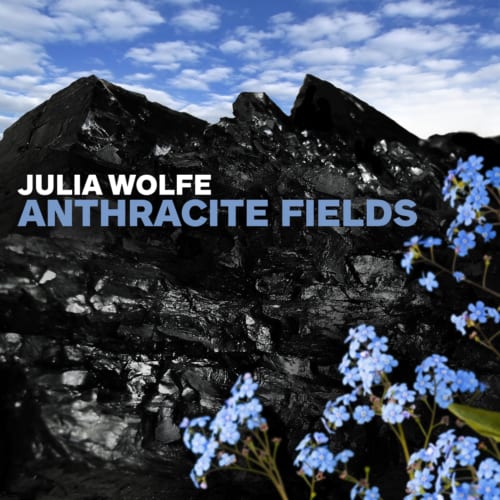Anthracite Fields (2014) 65'
SATB chorus, cl, egtr, perc, pno, vc, db
Anthracite Fields was commissioned through Meet the Composer's Commissioning Music/USA program, which is made possible by generous support from the Mary Flagler Cary Charitable Trust, New York City Department of Cultural Affairs, the William and Flora Hewlett Foundation, and the Helen F. Whitaker Fund. Additional support was made possible through the Mendelssohn Club of Philadelphia Alan Harler New Ventures Fund; the Presser Foundation; The Pew Center for Arts & Heritage through Philadelphia Music Project.
